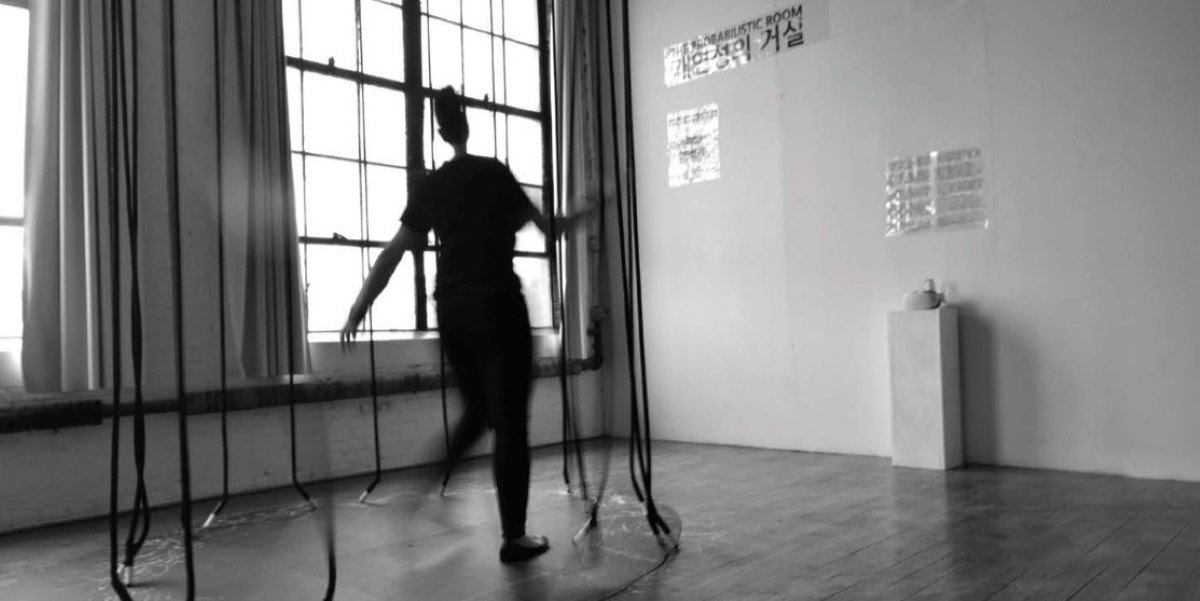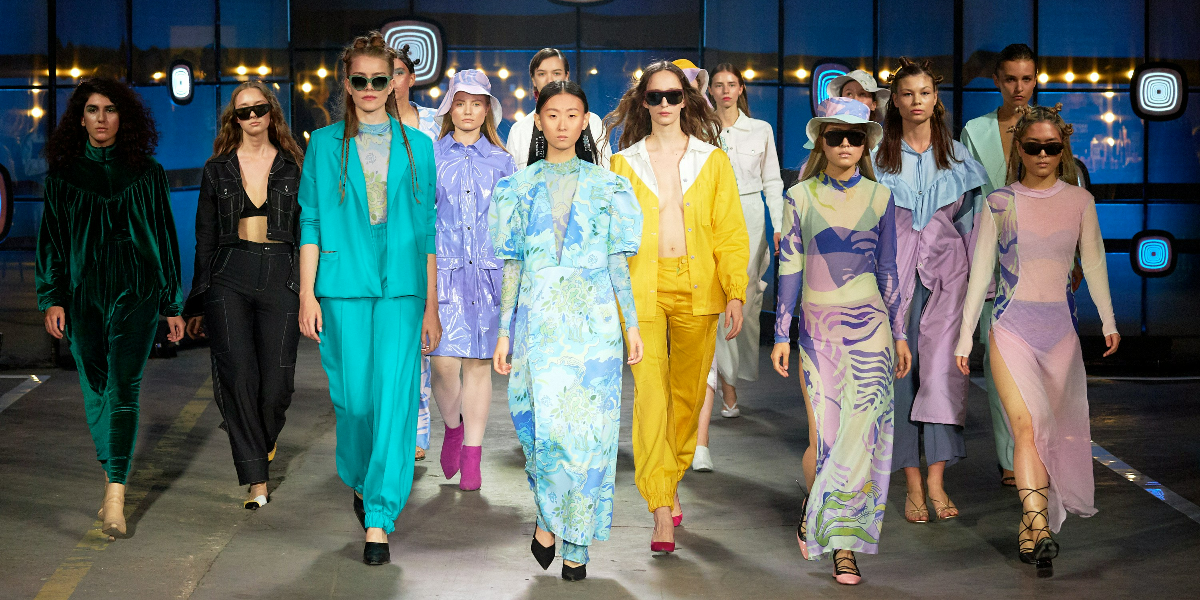The modeling industry is often viewed as glamorous and rewarding, but it also comes with significant pressures. From societal beauty standards to the mental health challenges that arise from constant scrutiny, models face unique obstacles that can impact their well-being. This article discusses how models can effectively manage the pressures of the industry, maintain mental health, and establish boundaries that ensure a sustainable and fulfilling career.
Read also: Performance Meets Fashion: The Science Behind Modern Functional Fabrics
Dealing with Beauty Standards and Industry Expectations
One of the most persistent pressures in the modeling world is the constant focus on beauty standards and the expectations set by the industry. Models are often held to high physical standards, which can vary depending on the type of modeling they pursue. For example, fashion models may be expected to maintain a certain body type, while commercial models might face different, yet still challenging, standards of appearance. These industry expectations can sometimes create unrealistic comparisons, leading models to struggle with body image issues.
In order to navigate these pressures, models must learn to separate their self-worth from external opinions. While beauty standards in the industry may be part of the job, it’s essential for models to remember that true value lies in more than just appearance. By focusing on developing their craft, embracing their individuality, and cultivating confidence, models can resist the overwhelming pressures to conform to narrow standards. It’s also important for agencies and clients to recognize and celebrate diversity in appearance, allowing for broader representation and inclusivity.
Managing Mental Health in a High-Pressure Industry
The modeling industry’s high-pressure environment can take a toll on a model’s mental health. Long hours, high competition, and constant evaluation based on physical appearance can lead to feelings of stress, anxiety, and self-doubt. These mental health challenges are often exacerbated by the transient nature of modeling jobs, where a model’s success can depend on their physical look at a given moment or the changing tastes of the industry.
To manage mental health, models must prioritize self-care and seek professional help when necessary. Regularly practicing stress-relief techniques such as meditation, exercise, or journaling can help alleviate anxiety. Moreover, models should build resilience to the inevitable rejections that come with the industry. Developing a strong support system, establishing healthy routines, and engaging in creative or personal activities outside of work can also provide models with a sense of balance.
Additionally, mental health should be taken seriously by agencies and professionals in the industry. Creating an environment that supports mental well-being through open conversations and access to resources is essential for fostering long-term success and happiness.
The Impact of Social Media and Online Criticism
In the digital age, social media has amplified the pressures of the modeling world. Models are constantly exposed to online feedback, ranging from compliments to harsh criticism. Platforms like Instagram and Twitter offer immediate access to audiences, allowing both fans and detractors to voice their opinions. While positive engagement can help build a model’s career, negative comments and online bullying can take a significant emotional toll.
Models must learn to navigate social media with a healthy mindset. It’s important to remember that online opinions do not define personal worth. Models should focus on curating their content carefully, surrounding themselves with positive interactions, and limiting exposure to negative commentary. Setting boundaries with social media usage, such as taking breaks or limiting engagement with certain comments, can help protect a model’s mental health.
Moreover, many models are now using their platforms to advocate for important issues such as body positivity and mental health awareness. By promoting these values, models can reshape the conversation around beauty standards and encourage a more inclusive and supportive environment both online and offline.
Navigating the Risks of Exploitation and Maintaining Boundaries
Exploitation is a concern in many industries, but it can be particularly prevalent in the modeling world, where young models may face pressure to accept jobs that compromise their well-being. From unrealistic expectations to potential harassment, maintaining personal boundaries is crucial. Models must be educated on their rights and have the confidence to reject work or situations that do not align with their personal or professional values.
Setting clear boundaries from the outset with agents, clients, and other industry professionals is essential. Contracts should be carefully reviewed, ensuring that expectations and compensation are clearly defined. Additionally, models should feel empowered to speak up about any uncomfortable situations, knowing they have the right to protect themselves. Having legal support and a trusted agency that prioritizes the model’s well-being can provide an additional layer of protection.
Models should also develop an internal sense of self-respect, knowing that their value extends beyond any job or contract. By refusing to accept situations that are not in their best interest, models can maintain their integrity and ensure a long-lasting, positive career in the industry.
Building a Support System: Friends, Family, and Mentors
The modeling industry can sometimes feel isolating, especially for those working in competitive and fast-paced environments. Building a strong support system is crucial for managing the pressures of the job. Friends, family, mentors, and fellow models can offer encouragement, advice, and a sense of stability. These relationships provide emotional support and help models maintain perspective when faced with challenges.
Mentorship is particularly valuable in the modeling industry, as experienced models or industry professionals can offer guidance and wisdom based on their own experiences. They can help navigate the ups and downs of the career, provide advice on handling industry pressures, and offer insights on maintaining mental and emotional health in the face of adversity.
It’s equally important to lean on personal relationships. Family and close friends who understand the demands of the industry can offer emotional grounding, remind models of their intrinsic worth, and provide an escape from the demands of the career. This balance between professional and personal support is essential for maintaining mental health and ensuring long-term success in modeling.
Read also: The Science Behind Hyperpalatable Foods and Overeating









